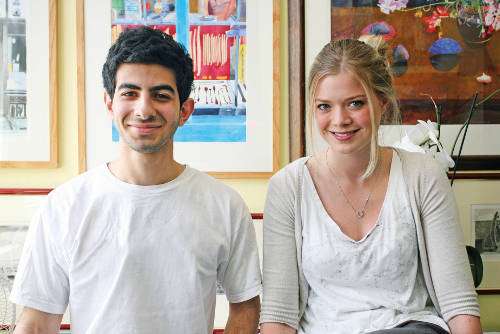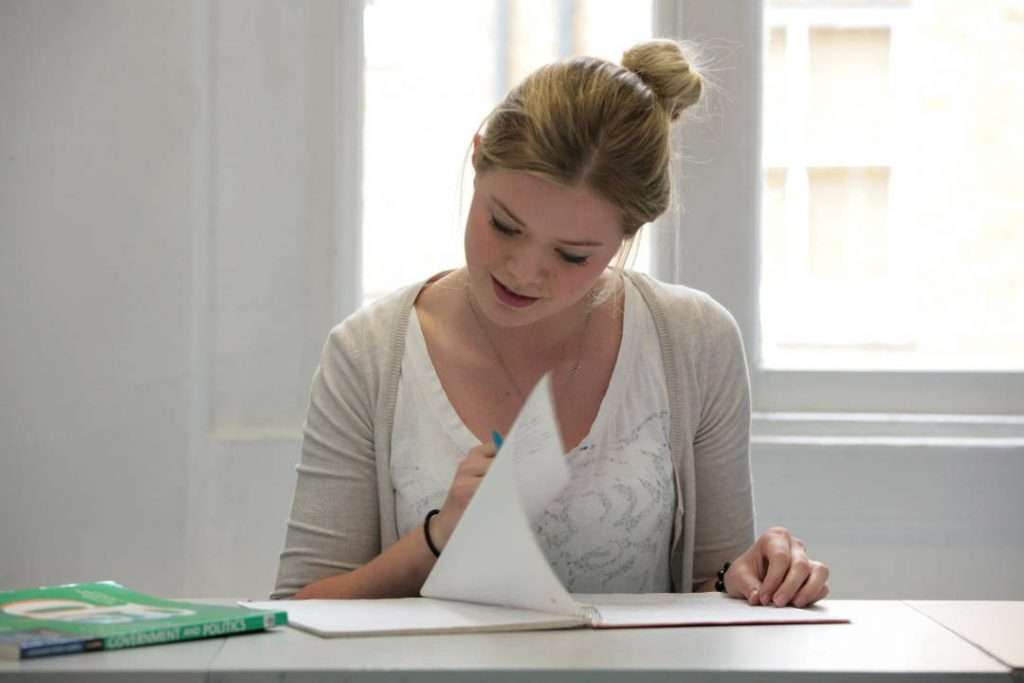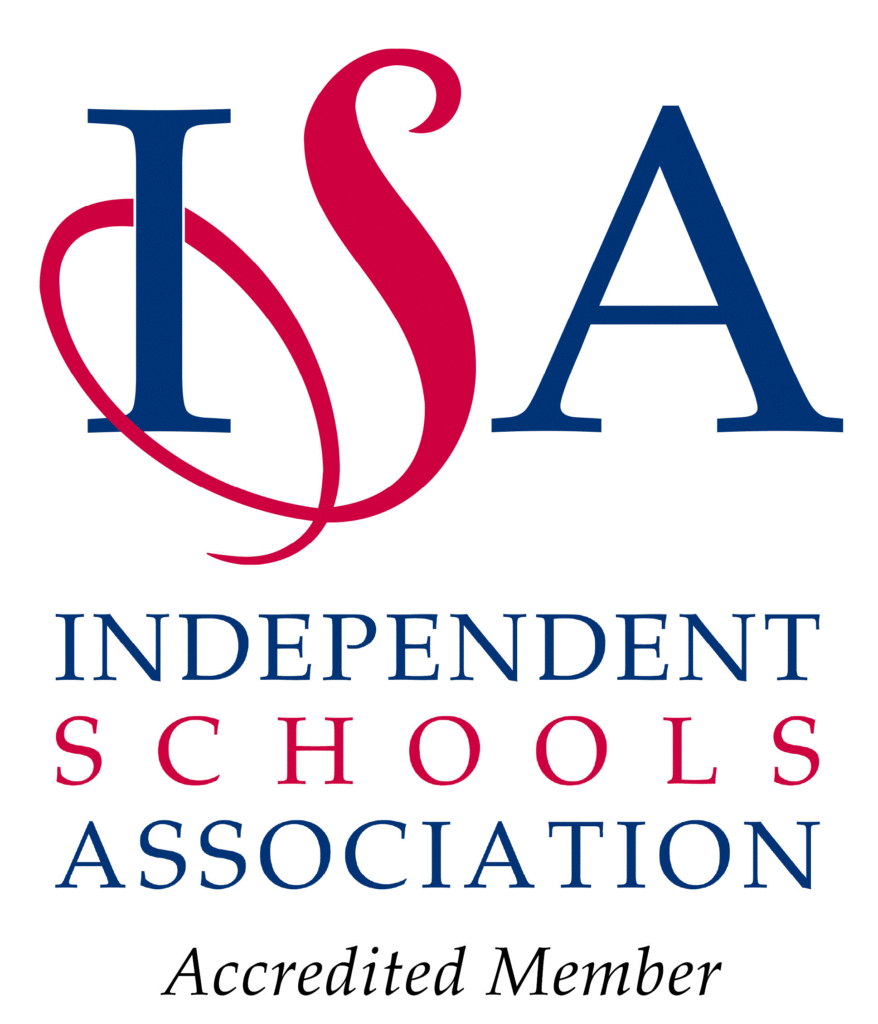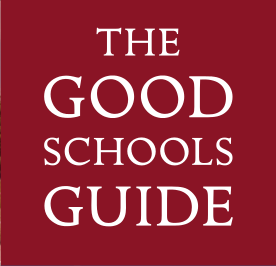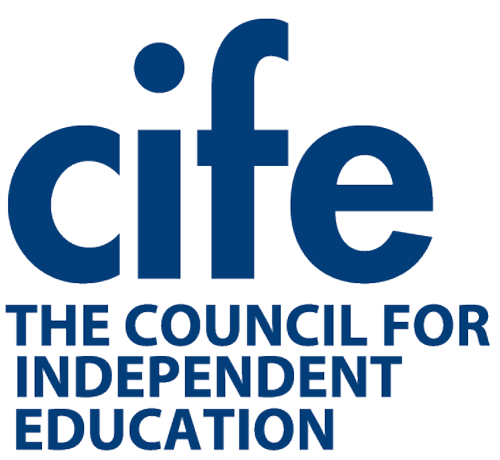What’s it really like at university?!
At this point in the academic year, our Year 12 students are starting to think about whether they do want to apply for university and are often daunted by what on earth they might study, as well as feeling unsure about how to make their university choices and what they might be able to write about in their UCAS personal statements.
Meanwhile, as the exam season rapidly approaches, our Year 13 students – most of whom have received offers from all five of their university choices – need to make the difficult decision about which university to put down as their firm/ first choice, and which university to put down as their insurance choice. This involves careful consideration of a host of factors. Not only the university itself, its likely cachet on the CV and the modules offered on the degree course; but also vital factors like how the degree is assessed, the location, the quality of life and whether they can actually see themselves spending three or more happy years there.
We therefore invited back some former students to give our sixth formers the lowdown on what life is really like at university. Joining us were:
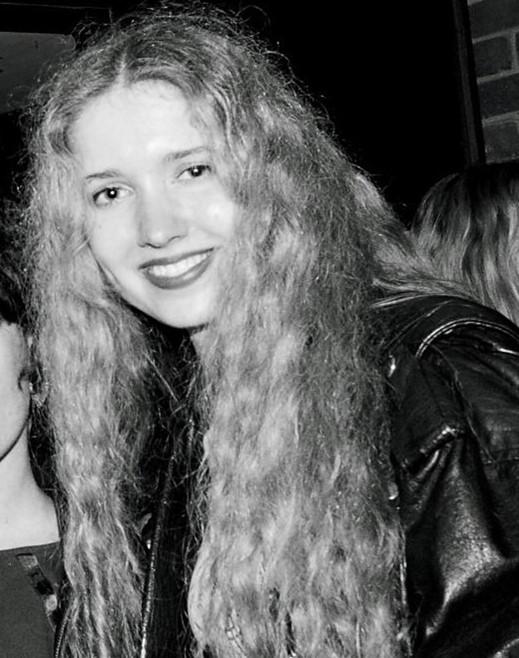 Caitlin Brett, who is now in her second year at Cambridge, where she is studying Linguistics. Caitlin obtained a 1st class in her first year and was top of the year in Linguistics. She has been awarded the Rosemary Murray Scholarship.
Caitlin Brett, who is now in her second year at Cambridge, where she is studying Linguistics. Caitlin obtained a 1st class in her first year and was top of the year in Linguistics. She has been awarded the Rosemary Murray Scholarship.
Having studied English Literature, Latin and Psychology at A level Caitlin had intended to study Psychology and Linguistics, but she came to the realisation that her true interest was in studying Linguistics. You can read about what the degree course entails here: https://www.undergraduate.study.cam.ac.uk/courses/linguistics-ba-hons
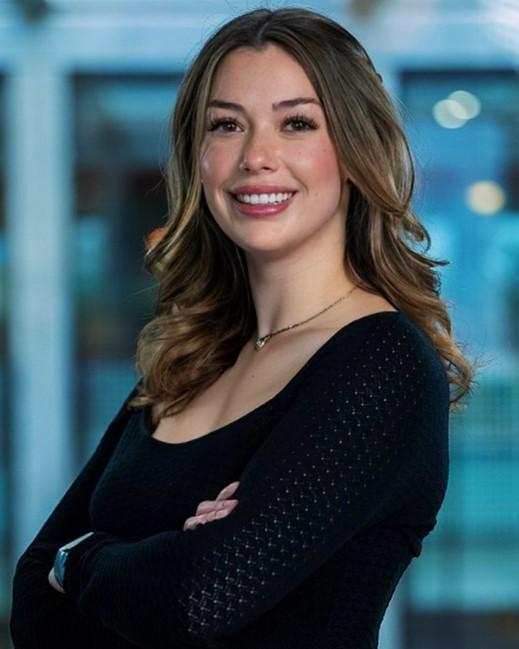 Maia Slidel, who decided not to take up her place to study Biomedical Science at university after starting a Data Science Analytics Apprenticeship at Expedia in her gap year, and having loved every minute of this alternative route, over three years has risen up the ladder to qualify as Data Scientist. You can read the article about her journey here: https://careers.expediagroup.com/blog/my-journey-as-a-data-analytics-apprentice-changing-the-independent-variable-with-maia-slidel/?linkId=100000228863679
Maia Slidel, who decided not to take up her place to study Biomedical Science at university after starting a Data Science Analytics Apprenticeship at Expedia in her gap year, and having loved every minute of this alternative route, over three years has risen up the ladder to qualify as Data Scientist. You can read the article about her journey here: https://careers.expediagroup.com/blog/my-journey-as-a-data-analytics-apprentice-changing-the-independent-variable-with-maia-slidel/?linkId=100000228863679
Maia has now taken up a job as a Cancer Data Analyst at the North Central London Cancer Alliance, where she will undoubtedly make a valuable contribution. If she had studied her original degree, she would not have been qualified to take up this position straight away.
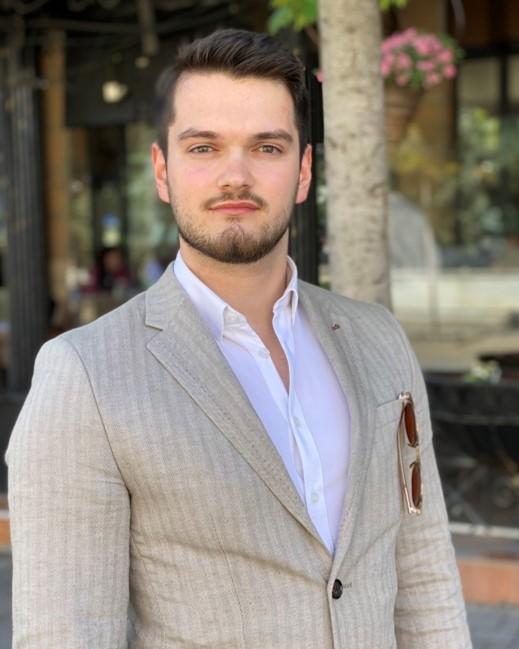 Nikita Ristovski, who was awarded a full scholarship to study History, Politics and Economics at UCL. This course was ideal for Nikita as he comes from North Macedonia and the degree is offered by UCL’s highly respected School of Slavonic and Eastern European Studies, meaning he could focus on his own region but also extend his academic interests internationally.
Nikita Ristovski, who was awarded a full scholarship to study History, Politics and Economics at UCL. This course was ideal for Nikita as he comes from North Macedonia and the degree is offered by UCL’s highly respected School of Slavonic and Eastern European Studies, meaning he could focus on his own region but also extend his academic interests internationally.
Having graduated in 2023, Nikita is now working as a Business Analyst and Software Developer in London. Nikita has also just been awarded this year’s prize from the National Bank of Macedonia for his first class undergraduate dissertation on the North Macedonian economy. You can read about his award here: https://www.nbrm.mk/ns-newsarticle-soopstenie-27042024-en.nspx
What is doing a UCAS application like?
Caitlin, Maia and Nikita all found doing their UCAS applications stressful, and they found making choices difficult. Maia was fascinated by Biology, particularly animals, but found parts of Chemistry challenging and she struggled to decide on a degree course which matched her interests and wouldn’t oblige her to sit exams in subjects she didn’t enjoy. In the end, she started her gap year apprenticeship at Expedia and loved that so much that she realised university was not for her at all.
For Caitlin, it was only through the process of reading and research for her first UCAS application that she finally realised she didn’t want to study Psychology at all, which meant she needed to make another (successful) application for Linguistics the following year.
For Nikita, he was at high school in North Macedonia, which meant the entire UCAS process was unfamiliar and often daunting. All had also found writing the personal statement quite overwhelming and often found themselves worrying excessively about the choice of every word and the content, often labouring to use fancy expressions, whereas they now observed that they realised clarity and precision was far more important.
Is Maths important for my degree or career?
Interestingly, Caitlin, Maia and Nikita all wished their Maths (particularly Statistics) had been a little bit stronger as they needed it in their studies and work. Caitlin is focusing in on Computational Linguistics at Cambridge, which means she feels she is going to need to put extra work into the mathematical elements as she didn’t do Maths A level.
The same is true for Nikita, who wanted to focus in on Economics on his degree and needed to work hard to bring his Maths up to a suitable level so that he could rise to the challenge and ultimately focus on Macro Economics. For Maia, her work involves working with and analysing data, so it is also mathematically oriented and she particularly needs a good level of statistical literacy.
What do university degree and apprenticeship courses actually involve?
In terms of their courses each was different. Caitlin’s Cambridge degree involves the ‘Tripos’, which was first introduced in Cambridge as a means to which an ‘Honours’ degree was awarded. Her first year is Part I of the Tripos and involves four core courses, which she needs to pass, but do not contribute to her degree. Her second and third years are Parts IIA and IIB of the Tripos, where she starts to focus in on specialities and completes a dissertation in the final year. Her second year Part IIA has a 30% weighting and her final year Part IIB has a 70% weighting. This is why university third year exams are often referred to as ‘Finals’: so much rides on them and they are all taken in a short and very intense period. This also means that this very traditional university course design best suits people who can rise to the challenge in exams.
For Nikita, he needed to study modules in History, Politics and Economics in his first year, then chose Politics and Economics in his second year, and further focused in on Economics in his final year, particularly in relation to his dissertation. The weighting for his degree at UCL was spread across all three years, but with increasing weighting in the second and third years. He had to do traditional exams for a good number of modules, but assessment also included coursework, presentations and assignments which had to be completed over a restricted time period.
For Maia, her training was completely different. She spent four days a week in the office at Expedia, quite literally learning on the job. On her fifth day she focused on her apprenticeship, for which she needed to complete portfolios and various tasks. Assessment or tests of core knowledge were limited and came in multiple choice format. She completed her Data Science Analytics Apprenticeship over a year and six months, and then quickly moved up the ladder into more skilled positions at Expedia, becoming a Data Visualisation Engineer, then a Data Scientist (Analytics) and finally a higher level Data Scientist II (Analytics), which provided the springboard to her new job as a Cancer Data Analyst.
What about the location where I am studying?
All three of our guests loved the location where they studied. Caitlin is in a college at Cambridge where the amazing architecture dates from mediaeval to modern times, although interestingly she observed that college life could at times be a bit ‘school like’. Caitlin also really enjoyed being able to get into beautiful countryside so easily.
Maia and Nikita were both based in London, which means the buzz of a big metropolis but also higher costs of living. At UCL Nikita enjoyed the campus feel around the Bloomsbury area and particularly loved the state of the art UCL Student Centre. Despite having a full scholarship Nikita did find the cost of living in London high, so he also worked part time, although he found that working gave him a different kind of opportunity to engage with people and learn about the way of life in the UK.
For Maia she was based in the Expedia offices in the Angel Building, which is in the Angel district of London and close to Shoreditch, and has the biggest rooftop space in London and offers panoramic views. As she was being paid while doing her apprenticeship, she was able to move out of home and rent her own place, although inevitably she still found the cost of living in London high.

